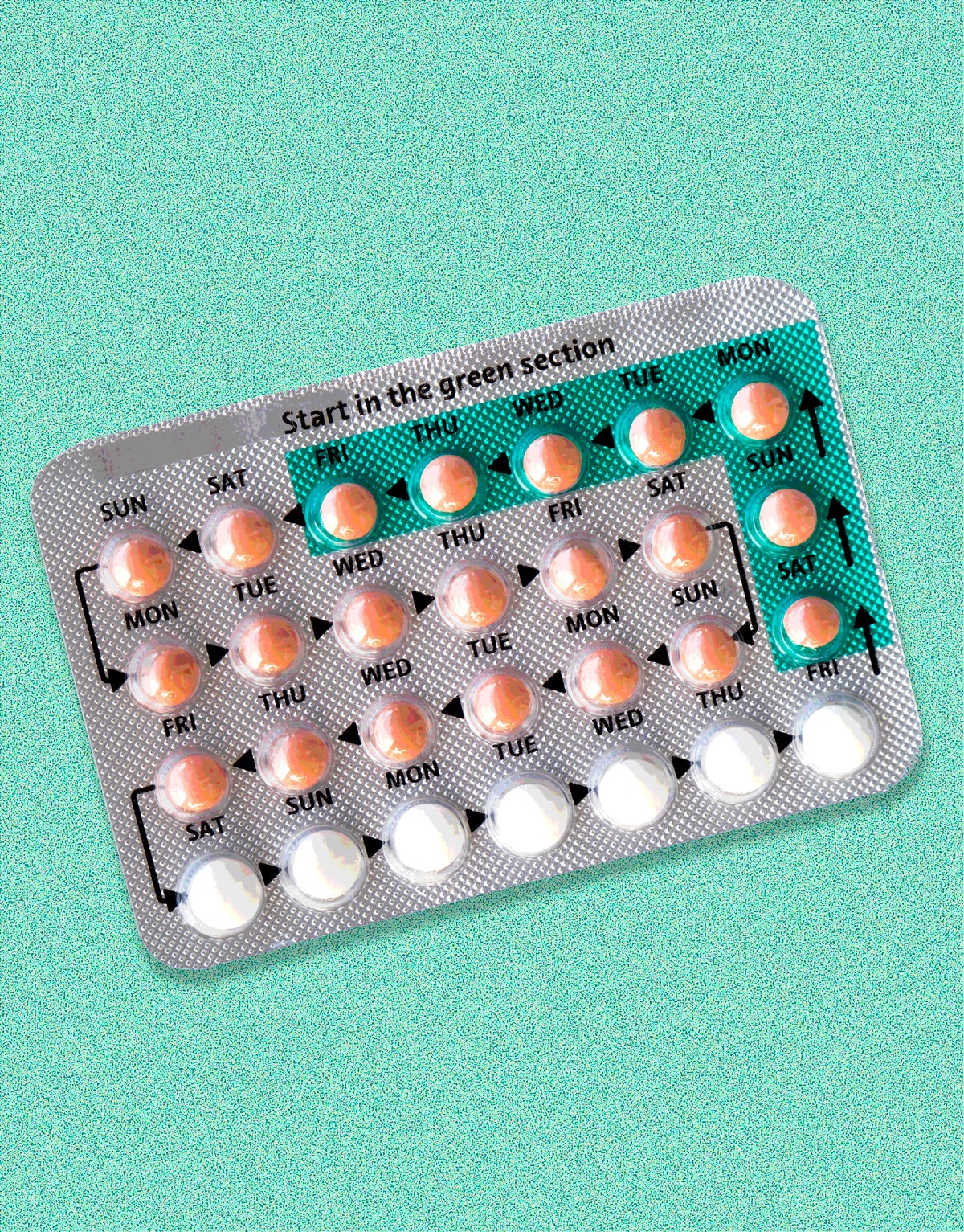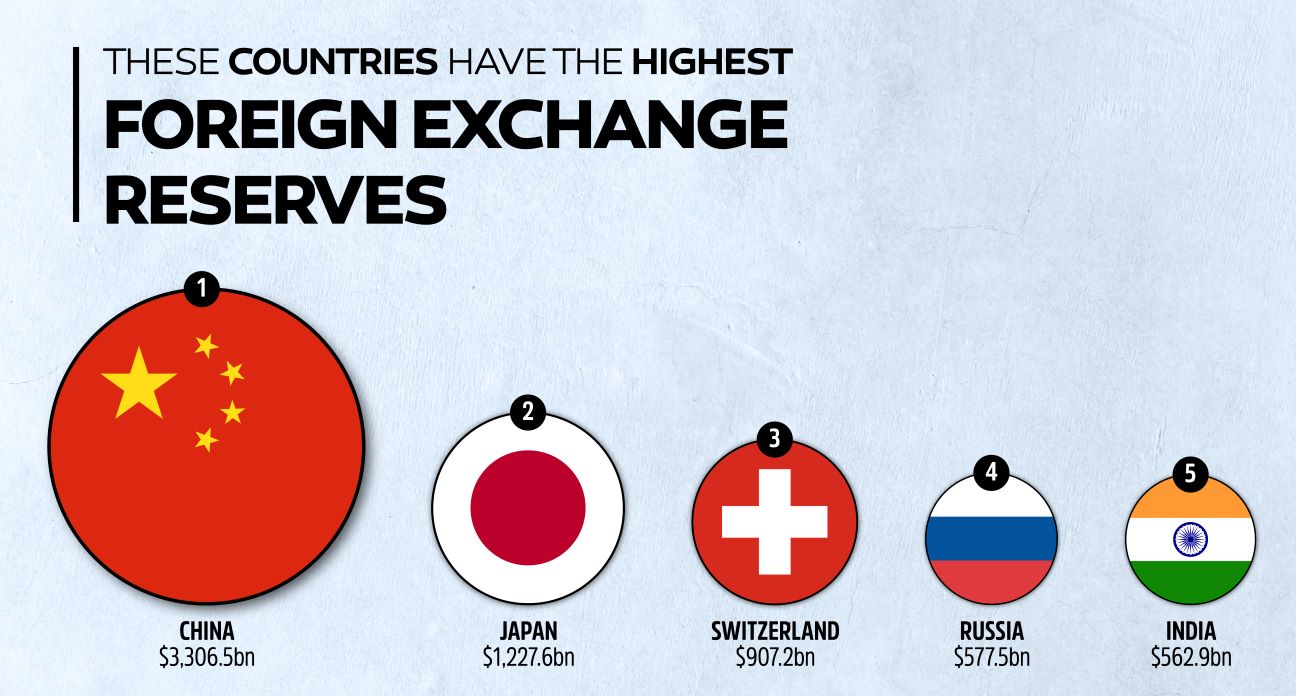The Post-Roe Era: Examining The Significance Of Over-the-Counter Birth Control

Table of Contents
Increased Access and Reduced Barriers to Contraception
The shift towards wider availability of over-the-counter birth control offers a crucial solution to many persistent barriers to contraceptive access. These barriers disproportionately affect women in marginalized communities, highlighting the importance of this shift for health equity.
Geographic Barriers
Many women, particularly those residing in rural areas or underserved communities, face significant challenges accessing healthcare providers who prescribe birth control. Long distances to clinics, limited transportation options, and a shortage of healthcare professionals create substantial hurdles. OTC birth control eliminates this geographic limitation.
- Reduces travel time and costs associated with doctor visits: Eliminating the need for travel to a clinic saves both time and money, a significant factor for those with limited resources.
- Increases access for individuals in areas with limited healthcare providers: This is especially critical in rural areas where the provider-to-patient ratio is often low. OTC options ensure consistent access regardless of location.
Financial Barriers
The cost of birth control, encompassing doctor visits, prescription fees, and medication itself, can be prohibitive for many women. Even with insurance, co-pays and deductibles can create financial strain. OTC options can significantly alleviate these financial burdens.
- Makes birth control more affordable and accessible to low-income individuals: The lower cost of OTC birth control makes it a viable option for women who otherwise might struggle to afford contraception.
- Reduces reliance on insurance coverage for contraception: While insurance coverage is vital, OTC options offer a safety net, ensuring access even if insurance coverage is limited or unavailable.
Time Barriers
Scheduling appointments with doctors, navigating healthcare systems, and waiting for prescriptions can be extremely time-consuming. This is particularly challenging for women juggling work, family, and other responsibilities. OTC access simplifies this process considerably.
- Allows for immediate access to contraception without lengthy appointment wait times: This immediate access allows for better family planning and reduces the risk of unintended pregnancies.
- Empowers individuals to manage their reproductive health more independently: It provides control and flexibility, allowing individuals to manage their health on their terms.
Empowering Individuals to Take Control of Their Reproductive Health
Beyond simply increasing access, the availability of over-the-counter birth control empowers individuals to take charge of their reproductive health in several significant ways.
Privacy and Confidentiality
Obtaining birth control over-the-counter provides greater privacy and control over personal reproductive decisions. It eliminates the need to disclose sensitive personal information to healthcare providers or navigate potentially uncomfortable conversations.
- Avoids potentially judgmental interactions with healthcare providers: This is especially important for women who may feel uncomfortable discussing their reproductive health with certain healthcare professionals.
- Protects sensitive personal information from unnecessary disclosure: This aspect is critical in maintaining individual autonomy and respecting personal privacy.
Self-Determination
Access to OTC birth control allows individuals to make informed decisions about their bodies and futures without external constraints. This fosters a sense of agency and self-sufficiency.
- Promotes autonomy and self-sufficiency in reproductive health management: This empowerment is crucial for reproductive justice and overall well-being.
- Reduces reliance on others for access to essential healthcare services: This independence is a key element of reproductive freedom.
Public Health Implications of Widespread OTC Birth Control Availability
The wider availability of OTC birth control has significant implications for public health, reaching beyond individual empowerment.
Reduced Unintended Pregnancies
Increased access to contraception through OTC availability can lead to a significant reduction in unintended pregnancies, resulting in fewer abortions and improved maternal and child health outcomes.
- Decreases the need for abortions and related healthcare services: This has broad societal and ethical implications.
- Improves maternal and child health outcomes: Planned pregnancies generally lead to healthier mothers and babies.
Improved Sexual and Reproductive Health Outcomes
Easy access to birth control contributes to improved overall sexual and reproductive health. This includes reducing the spread of sexually transmitted infections (STIs) through promoting safer sexual practices.
- Reduces the risk of sexually transmitted infections through safer sexual practices: Access to birth control often encourages safer sex practices, contributing to better public health outcomes.
- Promotes responsible family planning: Access to birth control empowers individuals to make informed decisions about when and if to have children, contributing to responsible family planning.
Conclusion
The post-Roe landscape necessitates a re-evaluation of reproductive healthcare access. Making over-the-counter birth control widely available is not just a matter of convenience; it's a critical step towards ensuring reproductive justice and promoting public health. Increased access to affordable and easily obtainable over-the-counter birth control empowers individuals, reduces health disparities, and contributes to a healthier society. Let's advocate for policies that support the widespread availability of over-the-counter birth control options and ensure everyone has the right to make informed decisions about their reproductive health. Learn more about the benefits of over-the-counter birth control and how you can support increased access in your community. Demand better access to affordable and convenient over-the-counter birth control!

Featured Posts
-
 Bitcoin Miner Hash Rate Soars Reasons Behind The Recent Increase
May 09, 2025
Bitcoin Miner Hash Rate Soars Reasons Behind The Recent Increase
May 09, 2025 -
 Bitcoin Price Rebound A Look At Potential Future Growth
May 09, 2025
Bitcoin Price Rebound A Look At Potential Future Growth
May 09, 2025 -
 Indonesias Foreign Exchange Reserves Plummet Two Year Low Amidst Rupiah Weakness
May 09, 2025
Indonesias Foreign Exchange Reserves Plummet Two Year Low Amidst Rupiah Weakness
May 09, 2025 -
 Kuzma Weighs In Analysis Of His Comments On Tatums Viral Instagram
May 09, 2025
Kuzma Weighs In Analysis Of His Comments On Tatums Viral Instagram
May 09, 2025 -
 Davids High Potential A Theory Exposing Morgans Weakness
May 09, 2025
Davids High Potential A Theory Exposing Morgans Weakness
May 09, 2025
Latest Posts
-
 4 0 Victory For Vegas Adin Hills Dominance Against Columbus
May 09, 2025
4 0 Victory For Vegas Adin Hills Dominance Against Columbus
May 09, 2025 -
 Hills 27 Save Shutout Leads Golden Knights To 4 0 Victory Over Blue Jackets
May 09, 2025
Hills 27 Save Shutout Leads Golden Knights To 4 0 Victory Over Blue Jackets
May 09, 2025 -
 Vegas Golden Knights Defeat Blue Jackets 4 0 Behind Hills 27 Saves
May 09, 2025
Vegas Golden Knights Defeat Blue Jackets 4 0 Behind Hills 27 Saves
May 09, 2025 -
 Adin Hills 27 Saves Shutout Columbus Golden Knights Win 4 0
May 09, 2025
Adin Hills 27 Saves Shutout Columbus Golden Knights Win 4 0
May 09, 2025 -
 32
May 09, 2025
32
May 09, 2025
